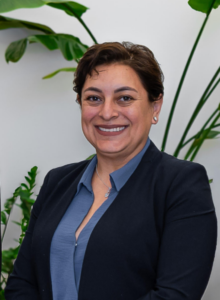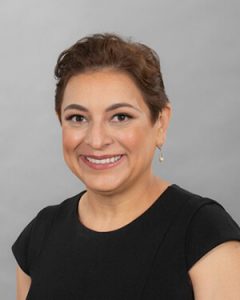At Greater Family Health, we strive to meet the needs of the communities we serve. And it is that sense of community that drives our Behavioral Health Integration (BHI) program. We work to help the whole person by collaboration between medical and behavioral healthcare. We also work closely with other agencies in the area to provide appropriate referrals for any ongoing supportive care that is needed.
If you or someone you know is struggling with mental health concerns, or if you would like more information regarding mental health, please feel free to talk with your Primary Care Physician or one of our Mental Health providers about the BHI program at Greater Family Health. We provide brief counseling for individuals 12 years and older at both our Greater Family Health in Elgin and Greater Family Health in McHenry. Although our focus is on depression, we often work with individuals with many different concerns. We strive to meet each individual where they are in their process of change as we help guide them to living the life they want to live.






